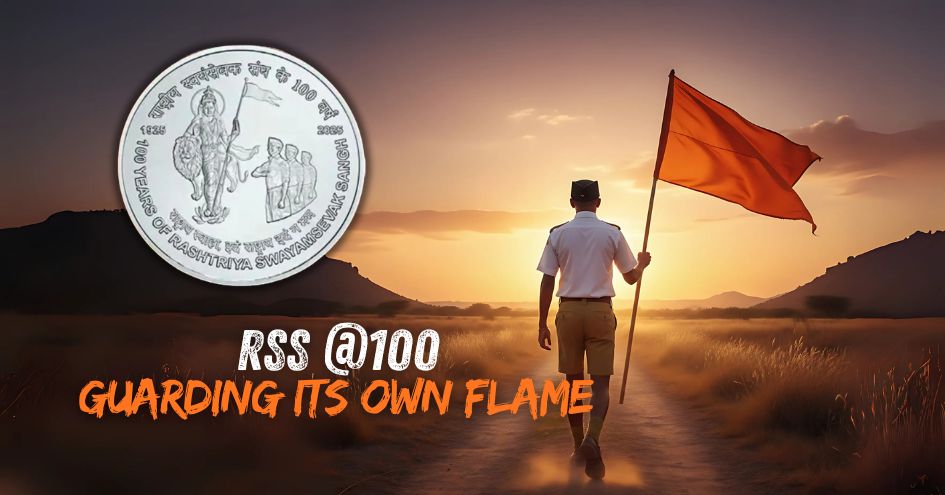
As I was chanting Hanuman Chalisa today, one line particularly stood out, आपन तेज सम्हारो आपै. It means, ‘only you can manage your own radiance’.
When Goswami Tulsidas wrote this line in the Hanuman Chalisa, he was describing Hanuman ji’s ability to guard and manage his own strength and brilliance. As I watched the PM, Narendra Modiji release a special commemorative coin and a postage stamp to celebrate the centenary of the Rashtriya Swayamsevak Sangh (RSS), I realised how these immortal words by Tulsidasji also echo the story of the Rashtriya Swayamsevak Sangh (RSS).
Founded in 1925 by Dr. Keshav Baliram Hedgewar, the RSS was never meant to be a political outfit. It was born out of a deeper need; to heal a fractured Hindu society and rebuild self-respect in a colonised land. Dr. Hedgewar understood that while freedom could be gained by a political struggle, an independent Bharat could never be sustained by politics alone. Bharat needed cultural regeneration, a disciplined society, and rooted self-confidence, and Hindus needed an organisation that unites them together.
Dr. Hedgewar’s solution was ridiculously simple, and therefore, most effective. The shakha. All a shakha needs are a few people, a bamboo staff, a saffron flag, and a prayer. No oratory, no manifestos, no fanfare — just rhythm, discipline, and camaraderie. It is this ordinariness that built something extraordinary, a mammoth 100 year old organisation that focuses on shaping of character, melting individual egos and quietly trains leaders.
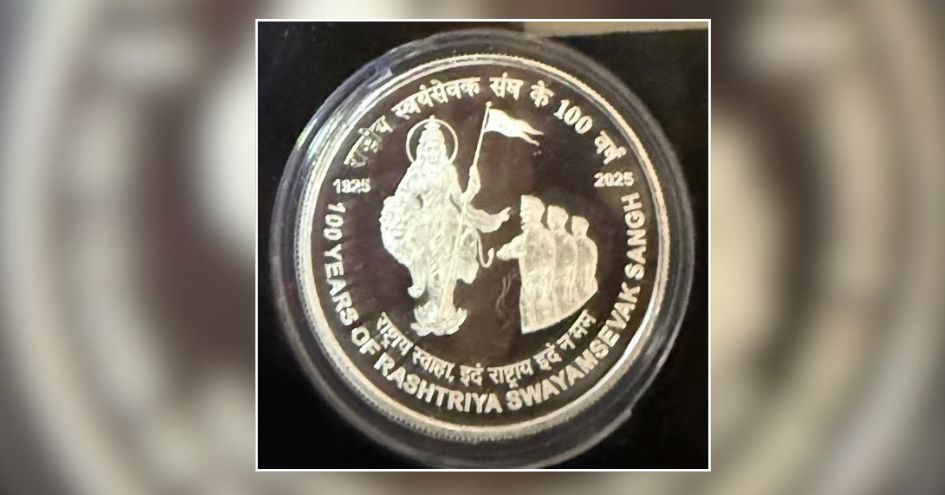
For a hundred years, that humble formula has endured. While governments have risen and fallen, while ideologies have waxed and waned, the RSS has remained the same — steady, silent, saffron-hued.
The RSS philosophy is not proclaimed or published, but practised. The first building block of this philosophy is Seva, or service. In every disaster, anywhere in the country, whether man-made or natural, floods, pandemics, earthquakes, partition or communal riots, it is often the Sangh swayamsevaks who arrive first and leave last. They do not wait for applause or awards. They are driven by the conviction that service itself is the award. As the line from Hanuman Chalisa reminds us, ‘apan teja sanvaro apai’, the flame sustains itself by its own fuel.
Those first shakhas with a few boys in Nagpur have made the RSS what it is today, the world’s largest voluntary organisation. The Sangh Parivar, as insiders like to call institutions working under the same ideology, includes thousands of institutions today, schools in remote villages all over Bharat, hospitals, tribal welfare projects, women’s empowerment collectives, and movements that preserve the culture and heritage of Bharat. The impact of RSS is not just visible in numbers but in the quiet transformation of communities all over the country.
As the RSS enters its centenary year, the prime minister, the president, the vice president and many chief ministers of various states in the country wear their RSS roots with pride. And yet, despite this proximity to political power, the Sangh has never lost its core identity. The basic unit of the RSS is still the shakha in the maidan, the saffron flag fluttering in the breeze, the evening prayer chanted by boys in simple white shirts and khaki pants.
The question is often asked: how has the RSS survived bans, constant vilification, fake propaganda and caricature? Again, the answers lie in the Hanuman Chalisa. Just like Tulsidas’s vision of Hanuman ji, the RSS has never depended on borrowed strength. Its strength comes from within — from discipline, service, and an unshakable faith in Dharma.
As it enters its hundredth year, the RSS is not merely an organisation marking a milestone. It is a living testament to an idea: that when a society learns to guard its own flame, no storm can extinguish it.
आपन तेज सम्हारो आपै
That is the story of Hanuman.
That is the story of the RSS.
A steady flame, luminous, eternal.
 Shefali Vaidya is a well-known Indian author, columnist, and social media personality based in Pune. She is a Director at TheVerandahClub.com and the curator of #WesternGhatsLitFest. She is a multi-lingual writer, proficient in English, Marathi, and Konkani, and contributes to various publications like Swarajya Magazine and OpIndia. Vaidya is recognized for her strong nationalist viewpoints, often writing and speaking on topics of politics, culture, history, and Dharma. She is a prominent voice on social media, known for her commentary on current affairs and for championing civilisational and Hindu causes. She is also a passionate advocate for Indian heritage, particularly handloom textiles, and has served on a special committee for the Ministry of Textiles to promote the sector.
Shefali Vaidya is a well-known Indian author, columnist, and social media personality based in Pune. She is a Director at TheVerandahClub.com and the curator of #WesternGhatsLitFest. She is a multi-lingual writer, proficient in English, Marathi, and Konkani, and contributes to various publications like Swarajya Magazine and OpIndia. Vaidya is recognized for her strong nationalist viewpoints, often writing and speaking on topics of politics, culture, history, and Dharma. She is a prominent voice on social media, known for her commentary on current affairs and for championing civilisational and Hindu causes. She is also a passionate advocate for Indian heritage, particularly handloom textiles, and has served on a special committee for the Ministry of Textiles to promote the sector.
PREVIOUS ARTICLE
NEXT ARTICLE
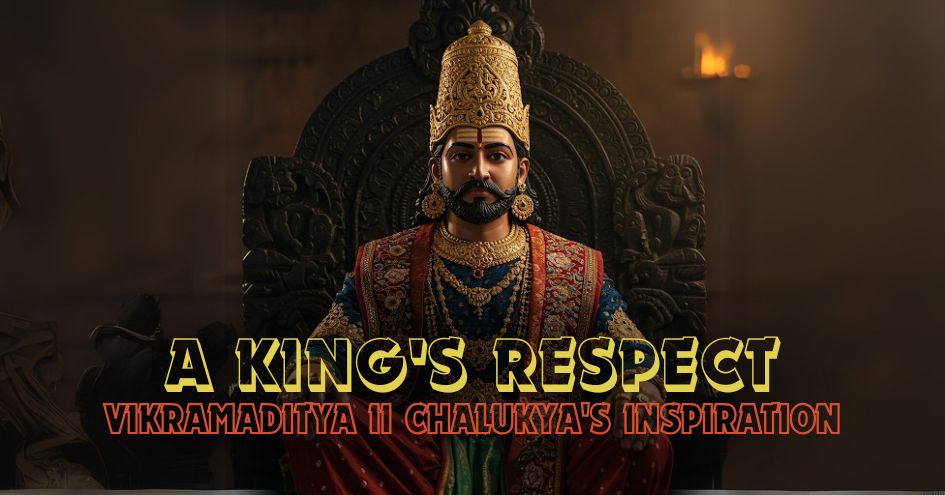
Indian History is rife with conflict between kings for power, territory and regional supremacy. We have seen instances where kings have made it a poin...
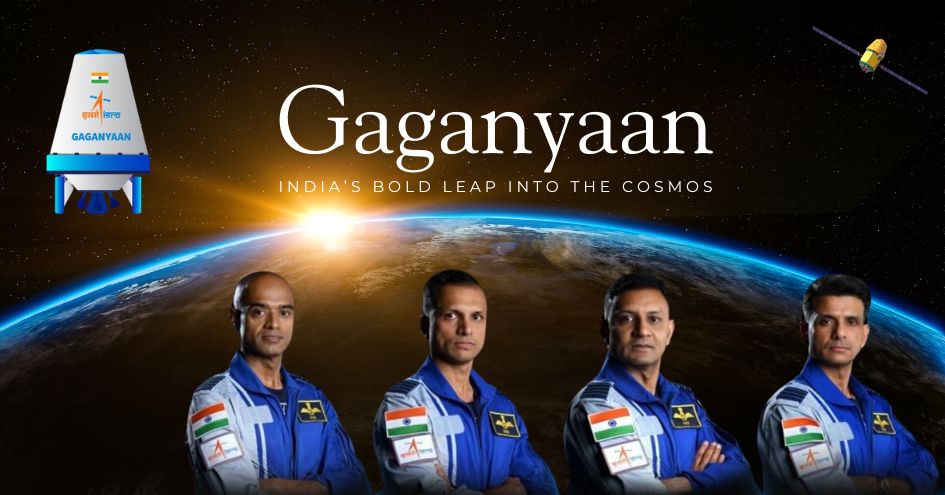
"Saare Jahaan Se Accha, Hindustan Hamara!"These immortal words, spoken by Squadron Leader Rakesh Sharma from the vast expanse of space in 1984, When t...
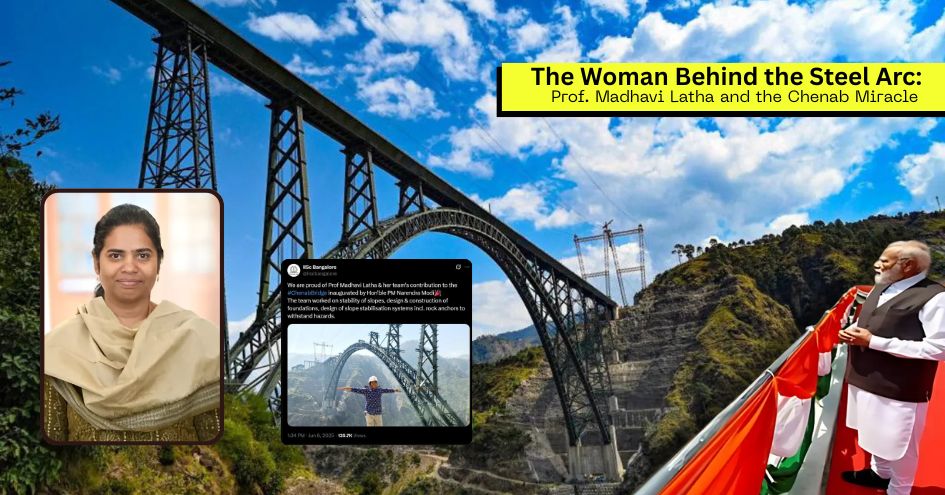
High in the rugged, unforgiving terrain of Jammu and Kashmir’s Reasi district, where the Chenab River slices through deep gorges and the Himalayas loo...